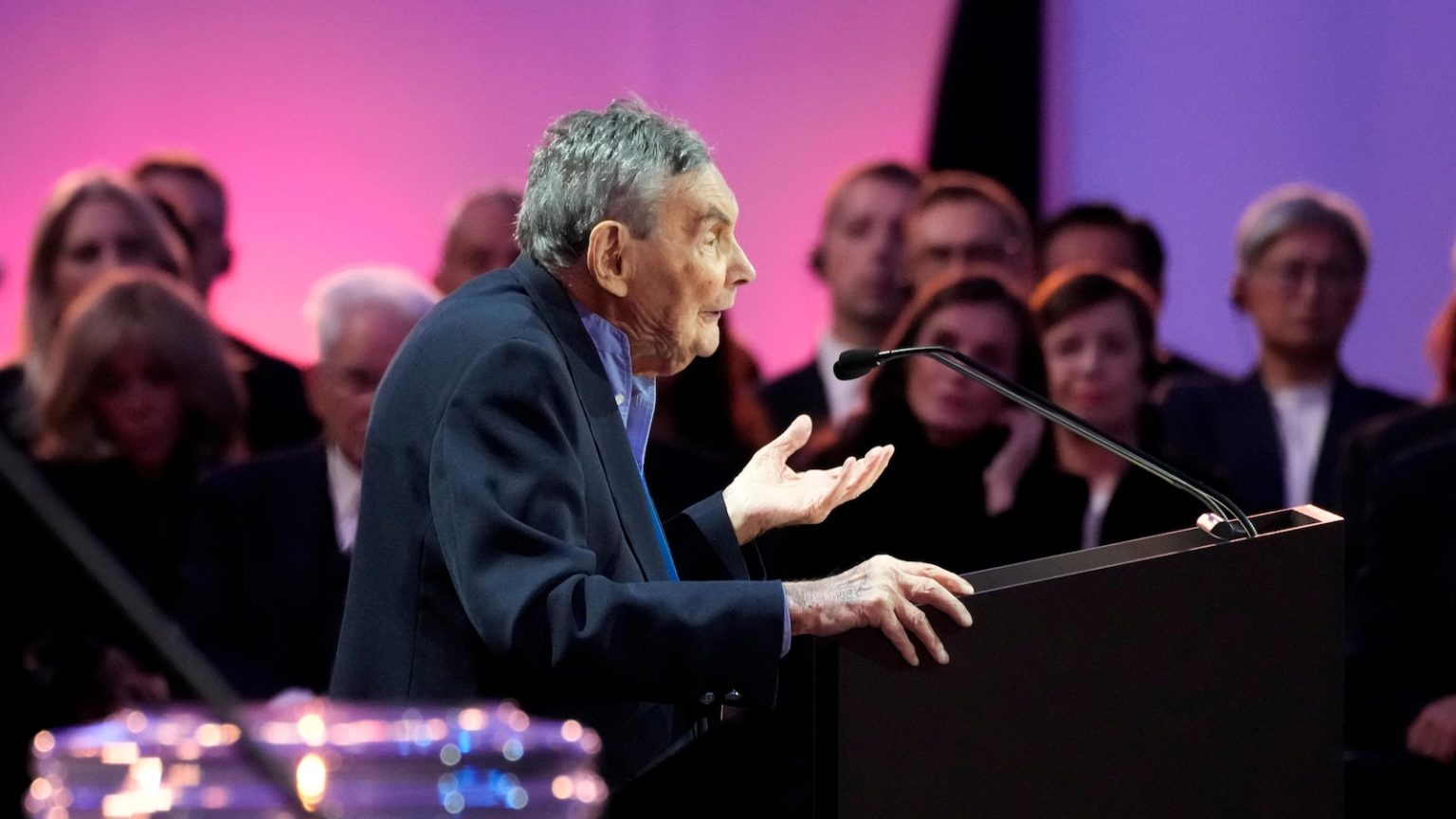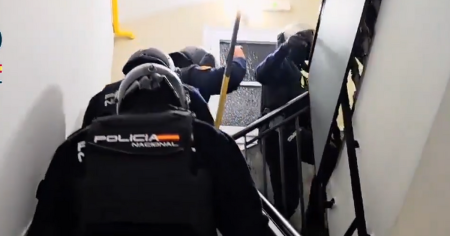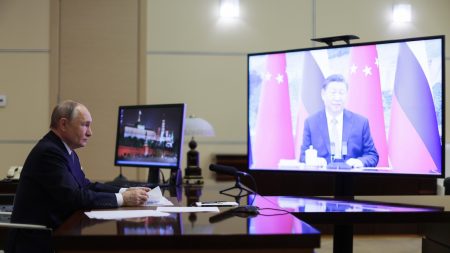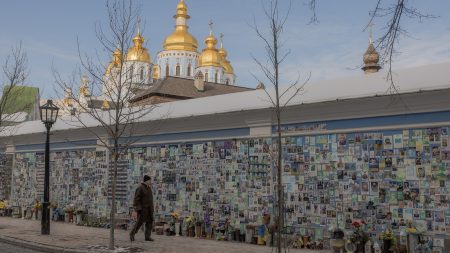Marian Turski: A Life of Resilience, Advocacy, and Moral Courage
Marian Turski, a Holocaust survivor, journalist, historian, and co-founder of Warsaw’s POLIN Museum of the History of Polish Jews, passed away on Tuesday at the age of 98. His death was announced by the POLIN Museum, which described him as a man of extraordinary moral and intellectual qualities, always standing up for minorities, the excluded, and the wronged. Turski’s life was a testament to resilience, advocacy, and moral courage, as he dedicated himself to preserving the history of Polish Jews and fighting against indifference and injustice.
Surviving the Holocaust and Its Aftermath
Born on June 26, 1926, in Lodz, Poland, as Mosze Turbowicz, Turski grew up in a Jewish family and attended a Hebrew language school. His life took a drastic turn during World War II when he and his family were forced into the Lodz ghetto. He endured unimaginable suffering, including two death marches and imprisonment in the Nazi concentration camps Buchenwald and Auschwitz-Birkenau. In total, he lost 39 family members during the Holocaust. Despite the horrors he experienced, Turski survived and was liberated from the Terezin concentration camp in 1945, near death from exhaustion and typhus.
After the war, unlike many Jewish survivors who left Poland, Turski chose to stay. He became a committed communist and rejected an offer to move to the West, believing he could help build a socialist Poland. His decision to remain in Poland was a testament to his unwavering commitment to his beliefs and his desire to contribute to the reconstruction of his homeland.
A Champion of Polish-Jewish Understanding and Moral Integrity
Turski’s postwar life was marked by his dedication to journalism, history, and advocacy. He co-founded the POLIN Museum, which became a landmark institution for preserving the history of Polish Jews. The museum’s director, Zygmunt Stępiński, described Turski as an authority of global importance and a key figure without whom the museum would not exist. Turski was also a vocal advocate for Polish-Jewish understanding and a staunch defender of minority rights.
In his later years, Turski became a prominent voice in the global conversation about the Holocaust and its lessons. He was among a dwindling number of Holocaust survivors and used his platform to warn about the dangers of indifference and discrimination. During the 75th anniversary of the liberation of Auschwitz-Birkenau in 2020, Turski delivered a powerful message, emphasizing that the Holocaust did not happen overnight but was the result of society’s gradual acceptance of small acts of discrimination. He urged people to remain vigilant against injustice and to never remain indifferent when minorities are mistreated or history is distorted.
A Moral Authority and Controversial Figure
Turski’s words resonated deeply with many, but they also sparked controversy. In Poland, his critique of indifference and his call to action were interpreted by some as a critique of the right-wing government. Critics on the political right accused him of politicizing the Auschwitz anniversary and questioned his moral authority, pointing to his past membership in the communist party before 1989. However, supporters saw him as a moral authority, a man who had earned the right to speak truth to power after enduring unimaginable suffering.
Turski’s legacy is encapsulated in his own words, which he described as the "Eleventh Commandment": "Thou shalt not be indifferent." This principle guided his life and work, as he tirelessly advocated for justice, tolerance, and the preservation of history. Poland’s conservative President Andrzej Duda paid tribute to Turski, praising his consistent message of sensitivity to evil and urging that his memory be honored.
A Life of Purpose and Legacy
Marian Turski’s life was a testament to the power of resilience, moral courage, and the enduring importance of remembering the past. From his survival of the Holocaust to his advocacy for minority rights and his contributions to the POLIN Museum, Turski dedicated himself to building a world where such atrocities could never happen again. His final public appearance at the 80th anniversary of the liberation of Auschwitz-Birkenau last month was a poignant reminder of the dwindling number of Holocaust survivors and the urgency of their message. "We have always been a tiny minority," Turski said. "And now only a handful remain."
As the world says goodbye to Marian Turski, his legacy lives on through the museum he helped establish, the lives he touched, and the principles he upheld. His story serves as a powerful reminder of the importance of standing up for what is right, even in the face of overwhelming adversity. Marian Turski’s life was a testament to the enduring power of hope, resilience, and the human spirit.















